For TMU Libraries hours, please check the Library hours page.
TMU Libraries provides access to resources and services that support teaching and learning at Toronto Metropolitan University including online research skills instruction for classes, online workshops, individual research and reference help and access to a wide range of electronic resources, including: ebooks, ejournal databases, primary source databases, streaming media and more.
Library Instruction
Subject librarians are providing online specialized research group workshops and research skills instruction to classes. Please contact your subject librarian to discuss and schedule a live virtual session for your students.
Subject Librarians
Subject librarians assist faculty with locating online course materials, including, but not limited to: readings, data sets, videos, podcasts and streaming media.
Supplementary Course Materials Guide
The supplementary course materials guide provides information on the Library’s online educational materials (ebooks, videos, OER and more). It also includes a curated list of alternate educational resources available to faculty and students. Access to all online resources is available 24/7.
eReserves and Digital Course Readings
Ensure students have convenient (and copyright compliant) access to customized digital course readings embedded in D2L course Shells. To request eReserve course readings, please email reserve@torontomu.ca.
Copyright Guidance
For information on copyright in instruction, SRC or scholarly publishing please email Copyright and Scholarly Engagement Librarian, Ann Ludbrook: aludbrook@torontomu.ca. To request eReserve course readings, please email reserve@torontomu.ca.
OER and Pressbooks
Open Educational Resources (OER) are materials that can be used and reused freely for educational purposes. The Library supports the collection and creation of OER by TMU faculty through the TMU University Pressbooks platform. For more information, email Web Services Librarian, Sally Wilson swilson@torontomu.ca.
Electronic Resources
The Library offers a vast and growing collection of electronic resources including ebooks, journals and newspapers, data sets, streaming media, databases (search by subject), Open Educational Resources (OER), as well as a curated list of resources temporarily offered for free by publishers.
Textbook Collection
This fall, the Library’s Print Reserve service is providing access to print textbooks. Students can borrow print textbooks on short term loan.
For specific electronic textbooks, please check the TMU Campus Store for available purchasing. While the Library has access to some ebooks, commercial sale is primarily available to students only. Additionally, the Library cannot guarantee every student will have access, at the same time, to an ebook the Library has been able to purchase. This is especially important to note if using an ebook for an open book exam.
Check the Campus Store for access to electronic textbooks for specific courses.
Scan and Deliver Service
Scan and Deliver Service is available to students, faculty and staff who require access to portions of printed works (chapters, articles, etc.) that fall within copyright permissible amounts. Requests can be placed through the Library’s online catalogue.
Accessibility Services in the Library
For information on accessible formats, media captioning, and shifting to alternate accessible course delivery modes, please visit Library Accessibility Services.
Research Help
Research help is available online to all students and TMU community members. Visit the Library’s Ask a Librarian live chat service, or email your question to: refdesk@torontomuca
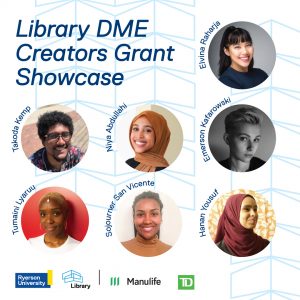 In March 2020, four students and one team of students, submitted their extraordinary project ideas for the Library DME Creators Grant, just prior to the university’s closure due to COVID-19. While the world was trying to grapple with a global pandemic and contain the spread of a swift moving virus, these students continued to charge ahead and take hold of projects they felt passionately about.
In March 2020, four students and one team of students, submitted their extraordinary project ideas for the Library DME Creators Grant, just prior to the university’s closure due to COVID-19. While the world was trying to grapple with a global pandemic and contain the spread of a swift moving virus, these students continued to charge ahead and take hold of projects they felt passionately about.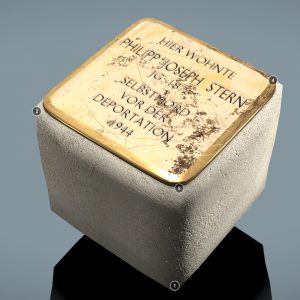

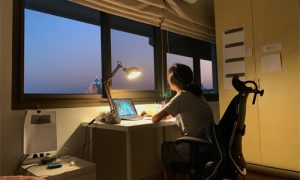


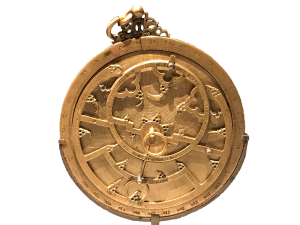
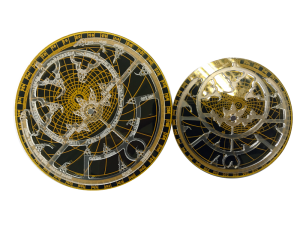
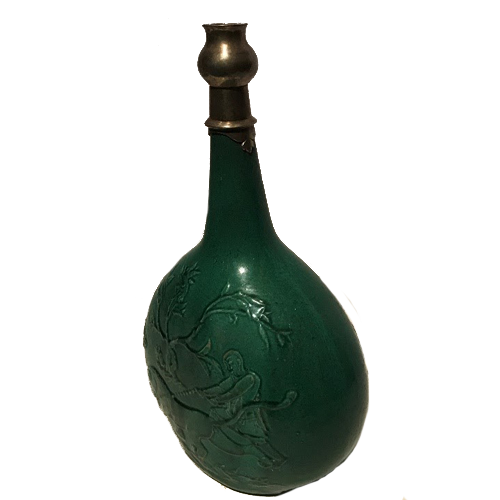
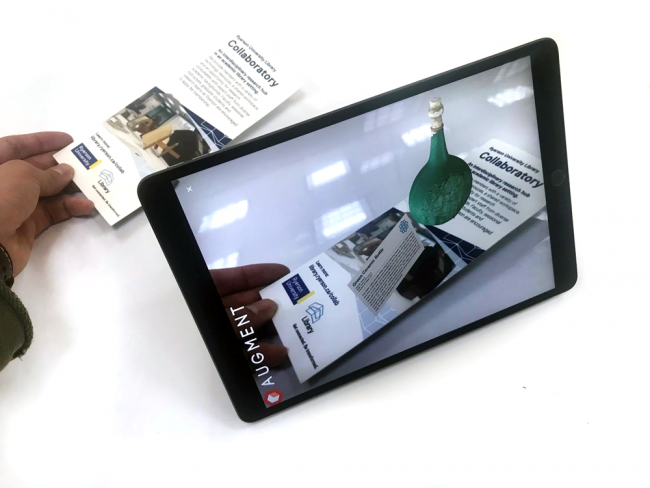
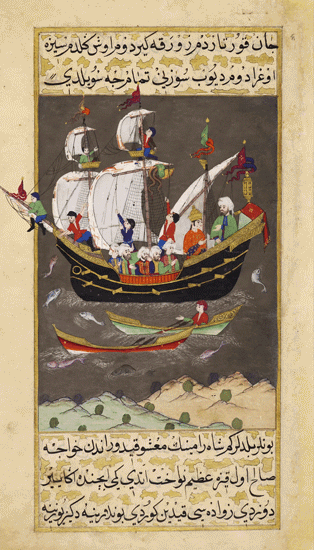
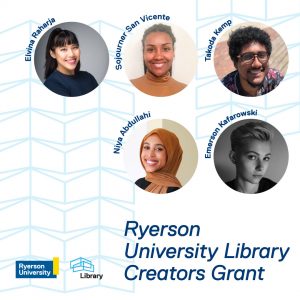 These five students submitted their extraordinary project ideas back in March, just prior to the university’s closure due to COVID-19. When the world was trying to grapple with a global pandemic and contain the spread of a swift moving virus, these students continued to charge ahead and take hold of projects they felt passionately about.
These five students submitted their extraordinary project ideas back in March, just prior to the university’s closure due to COVID-19. When the world was trying to grapple with a global pandemic and contain the spread of a swift moving virus, these students continued to charge ahead and take hold of projects they felt passionately about.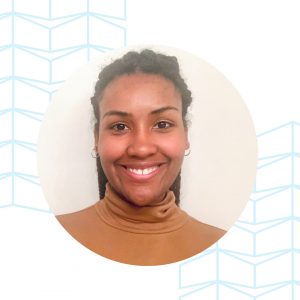 4th year, Ryerson Midwifery Education Program, Faculty of Community Services
4th year, Ryerson Midwifery Education Program, Faculty of Community Services
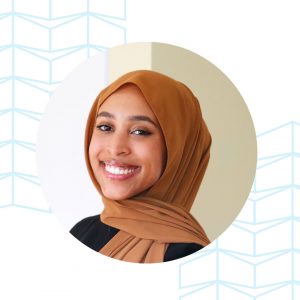 4th year, Business Technology Management and Co-op, Ted Rogers School of Management
4th year, Business Technology Management and Co-op, Ted Rogers School of Management 4th year, Performance Production, Faculty of Communication and Design
4th year, Performance Production, Faculty of Communication and Design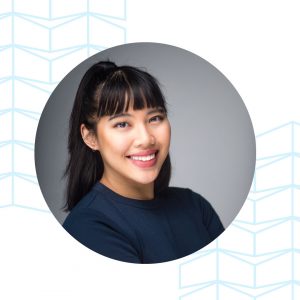 2nd year, Creative Industries, Faculty of Communication and Design
2nd year, Creative Industries, Faculty of Communication and Design